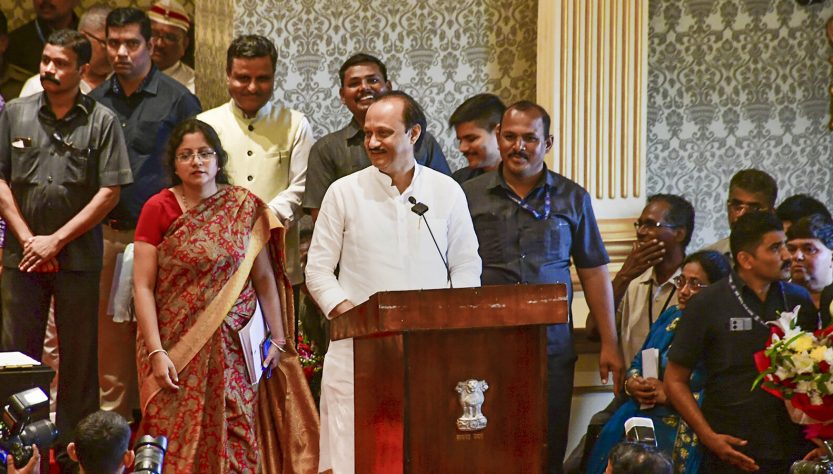2nd Article in the Series How to Manage Clever People and grow your organization as appearing in The Times of India, Mumbai Edition, dated 7th May 2007 and originally appearing in Harvard Business Review.
Who are 'Clever People'?
ROBERT GOFFEE & GARETH JONES
Clever people are highly talented individuals with the potential to create disproportionate amounts of value from the resources that the organisation makes available to them. Clever people are not simply those with the highest IQ or the most impressive academic qualifications (although many do score highly on these two measures).Of course, precisely what these clever people do within organisations depends on the context. In pharmaceutical companies they carry out scientific research and produce ideas for new drugs; in professional services firms they solve complex client problems; in ad agencies they understand customers, brand values and craft highly innovative communications that connect the two. Typically they are a scarce and valuable resource able to bring creativity, innovation and complex problem solving skills to all they do.
Sometimes clever people can create value more or less alone. Others are dependent on teams and yet others need the complex support systems of large organisations. Think, for example, of a research scientist working on a new cancer drug. He or she cannot work effectively without research funding and facilities such as a laboratory. Or, think of an advertising executive who needs the resources to make and broadcast a TV commercial or, increasingly, create an online marketing campaign.
The clever people we are talking about require a symbiotic relationship with an organisation. They may not always realise this fact, or be especially pleased about it, but it is true nonetheless. Herein lies a paradox that is at the heart of leading clever people. The challenge for leaders is to be the organisation of choice for these people. Fail to do so and you encourage them to walk into the open arms of your competitors.
The starting point, if you are to effectively lead clever people, is to better understand their key characteristics. Our research suggests that the key attributes of clever people are:
Their skills are not easily replicated. If they were, then they would not be the scarce resource they are.
Their knowledge is tacit (it is embedded in them and in their networks). If it was possible to capture their knowledge within the organisational fabric, then all that would be required would be better knowledge management systems. It isn’t.
They are smart enough to be in the right place—and they know it. They will find the organisational context where their interests will be most generously funded.
Unlike some who are driven to reach the top, they may not be hierarchically aspirational (indeed, many are resistant to the notion) but they are often organisationally savvy because they are so driven by their own obsessions. They challenge the status quo and, therefore, are often sources of creativity in organisations. This can make them uncomfortable if they feel as if they are in a subordinate role. It can also make them difficult to lead.
They are well connected to other clever people. In other words, they are plugged into highly developed knowledge networks—who they know is often as important as what they know.
But beyond these characteristics, the way to identify clever people is this: typically, they say they do not want to be led nor to lead others. This is the central paradox we referred to earlier. But in our experience, neither of their assertions is really true. They do want to be led—indeed they require leadership if they are to achieve their full potential—and they have the ability and motivation to lead others. But in both cases it is a special sort of leadership. Understanding this brand of leadership will be crucial for all who wish to succeed and lead in the clever economy.



No comments:
Post a Comment